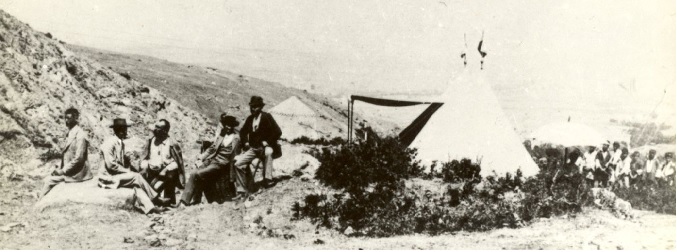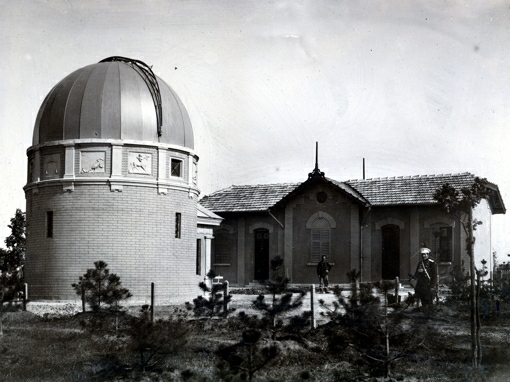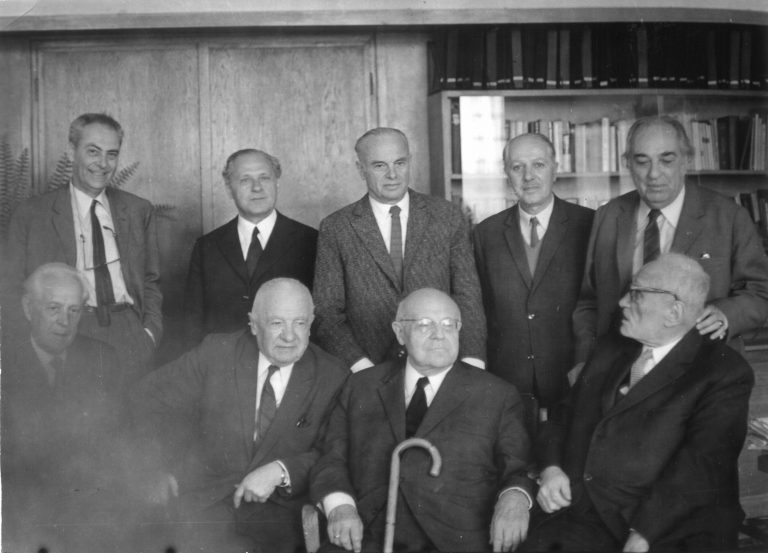


Astronomer, one of the founders of the Society of Physics and Mathematics.
Physical chemist, father of crystal growth research.
One of the founders of the Atomic Physics Department, natural radioactivity researcher, first female professor of Bulgaria.
Geophysicist and founder of meteorological research in Bulgaria.
Electronics, radio technology and electrical equipment pioneer.
Founder of photoelectret properties of materials, founder of the Physics Institute of the Bulgarian Academy of Sciences.
© 2023 Физически факултет - СУ "Св. Климент Охридски" | Made by ST